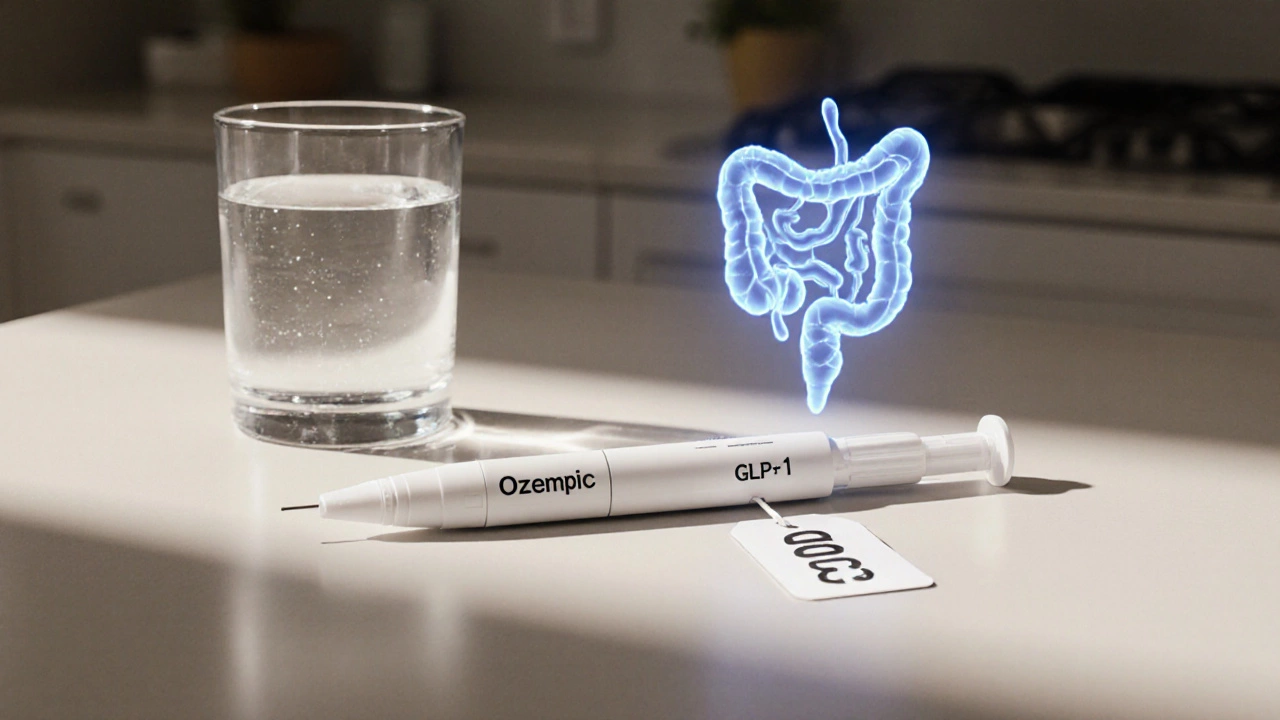Semaglutide Substitute: Affordable Alternatives for Weight Loss & Diabetes
When searching for a semaglutide substitute, a lower‑cost or non‑brand alternative to the GLP‑1 agonist semaglutide used for weight loss and type‑2 diabetes. Also known as GLP‑1 alternative, it offers similar appetite‑suppression benefits without the premium price tag. The field also includes GLP‑1 agonist, a class of hormones that mimic the gut‑derived peptide glucagon‑like peptide‑1 to reduce blood sugar and curb hunger, which forms the core of most semaglutide‑based therapies.
Why Look for a Substitute?
Many patients ask, "Is a cheaper drug as good as the brand name?" The answer hinges on three things: efficacy, safety, and access. Semaglutide substitutes often encompass the same molecular pathways as the original, meaning they require similar monitoring for blood glucose and gastrointestinal side effects. At the same time, they enable broader reach for people who cannot afford the premium price, especially in India where out‑of‑pocket costs dominate health decisions.
One popular alternative on the Indian market is metformin, a first‑line oral diabetes drug that improves insulin sensitivity and has modest weight‑loss effects. While metformin is not a GLP‑1 agonist, it influences the same overall goal of better glucose control, and doctors often pair it with lifestyle changes when a GLP‑1 drug is unavailable. For patients focused mainly on weight loss, the combination of metformin with a low‑dose GLP‑1 substitute can provide a balanced approach without breaking the bank.
A growing number of people also turn to Ayurvedic cleanse, herbal protocols that aim to detoxify the body and support metabolism. Though not a direct pharmacological match, these cleanses affect appetite regulation and gut health, which are key factors in how GLP‑1 drugs work. When used responsibly—under a qualified practitioner’s supervision—they can complement a semaglutide substitute, especially for those wary of synthetic medications.
Cost considerations are a major driver behind the search for alternatives. A typical semaglutide injection in India can cost upwards of ₹15,000 per month, while many substitutes and generic versions sit below ₹5,000. This price gap creates an opportunity for patients to stay on treatment longer, reducing the risk of rebound weight gain or hyperglycemia. However, lower price does not always mean lower quality; reputable manufacturers follow the same GMP standards, and regulatory bodies like CDSCO keep a watchful eye on bio‑equivalence.
Safety profiles differ slightly across options. GLP‑1 alternatives may still cause nausea, vomiting, or mild pancreatitis risk, mirroring the original drug. Metformin’s most common side effect is gastrointestinal upset, but it carries a very low risk of serious complications. Ayurvedic cleanses can lead to electrolyte imbalances if not monitored, so a baseline blood test is advisable before starting. Understanding these nuances helps patients and clinicians match the right substitute to individual health goals.
Below you’ll find a curated list of articles that dive deeper into the cost of IVF cycles, disease burden across countries, the latest skin treatment trends, and more—each shedding light on how broader health choices intersect with medication decisions. Browse through to see practical tips, real‑world cost comparisons, and expert advice that can guide you toward the best semaglutide substitute for your situation.





